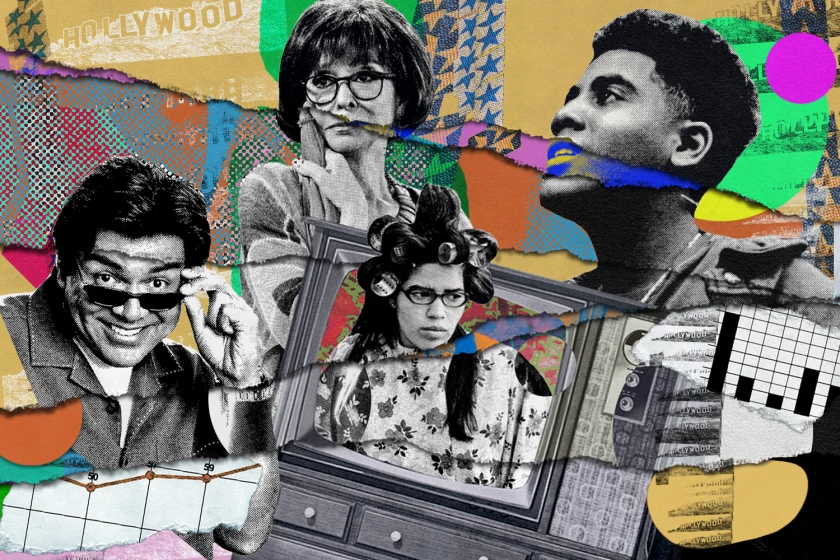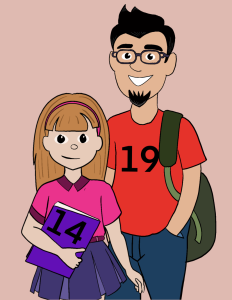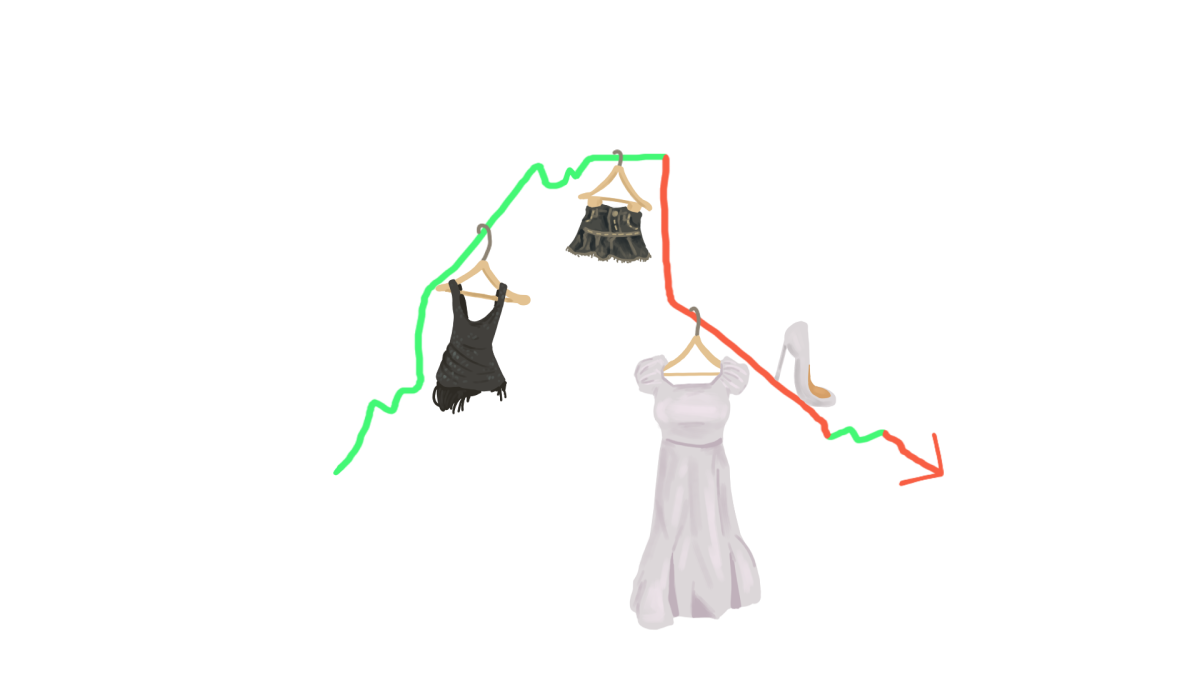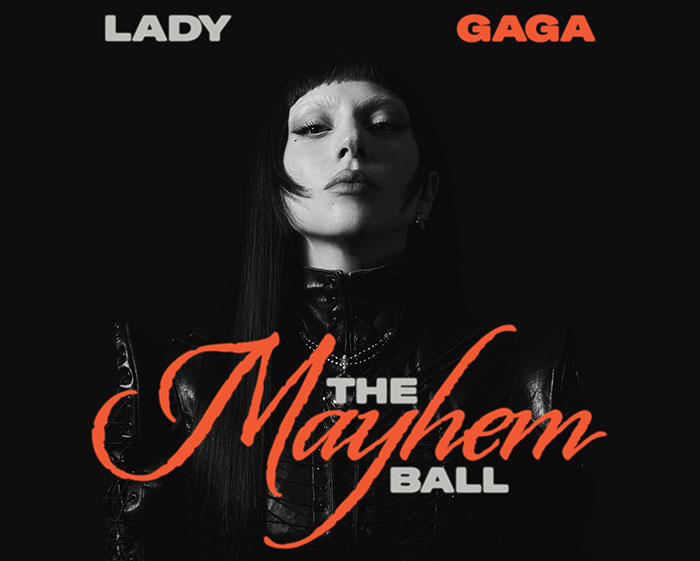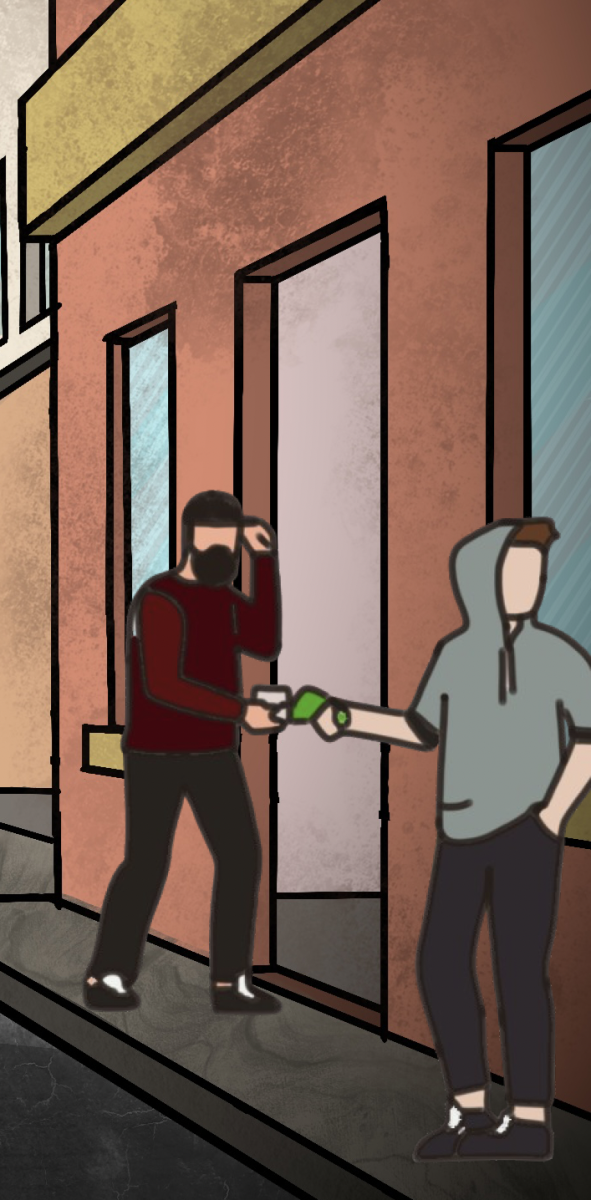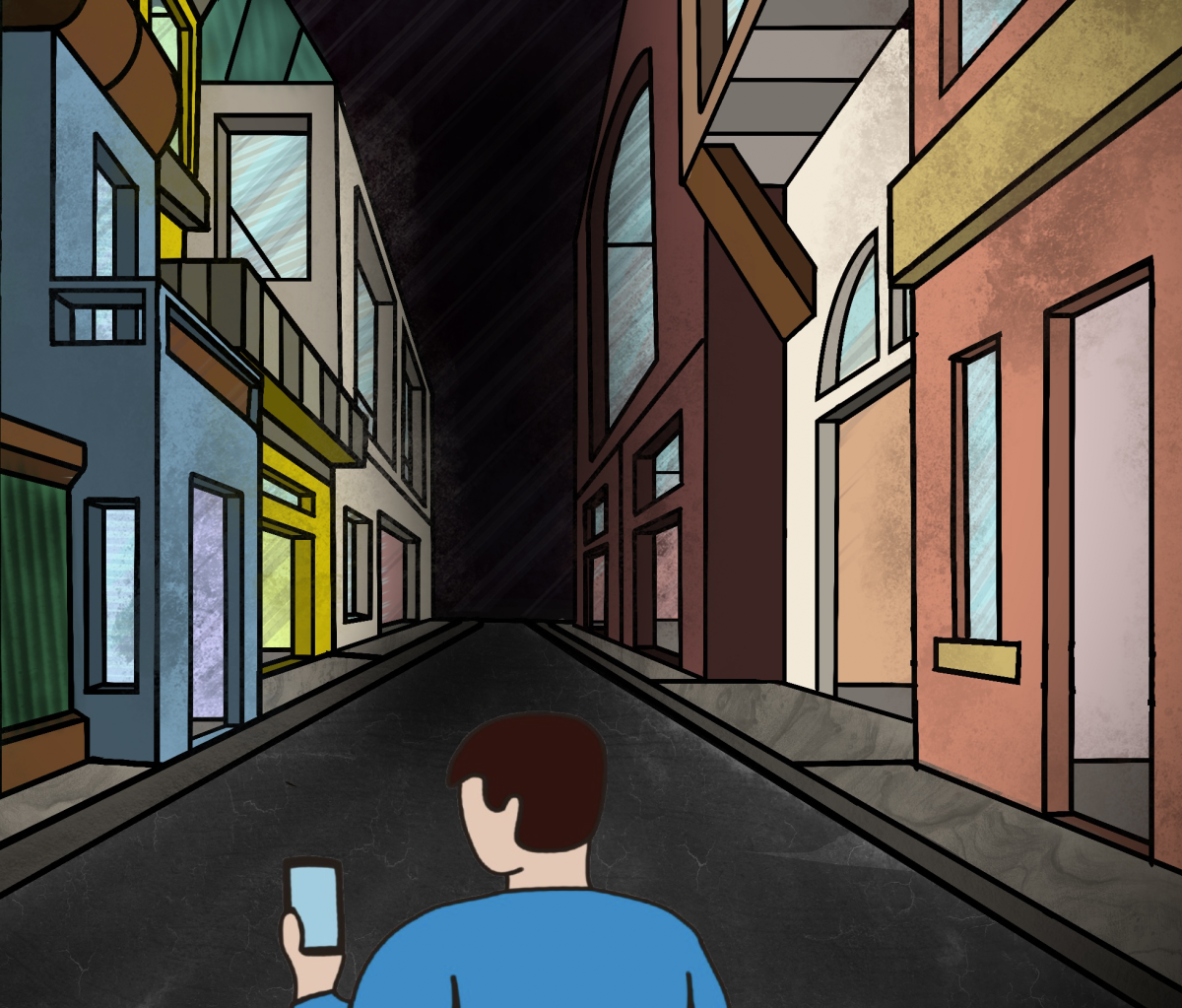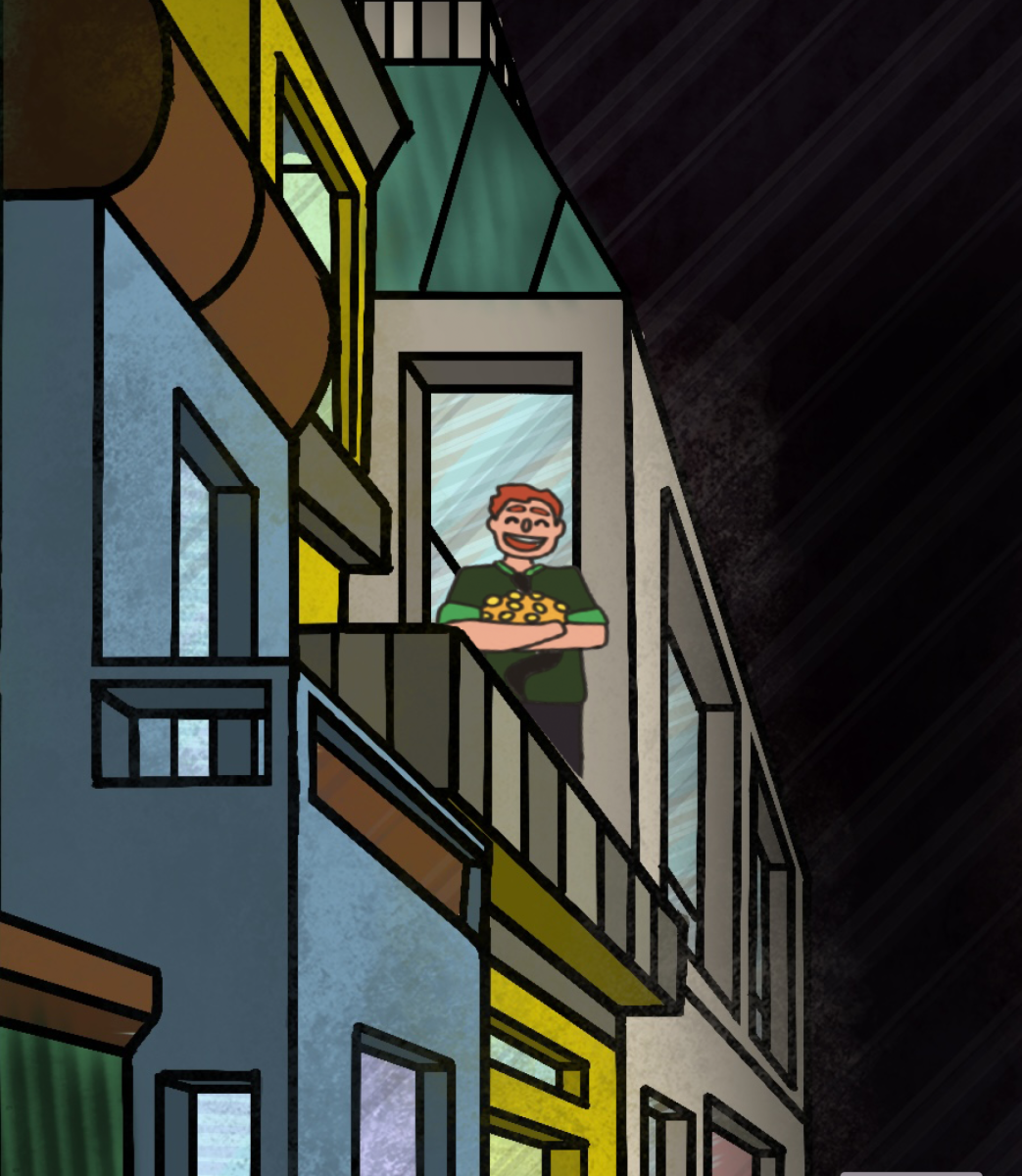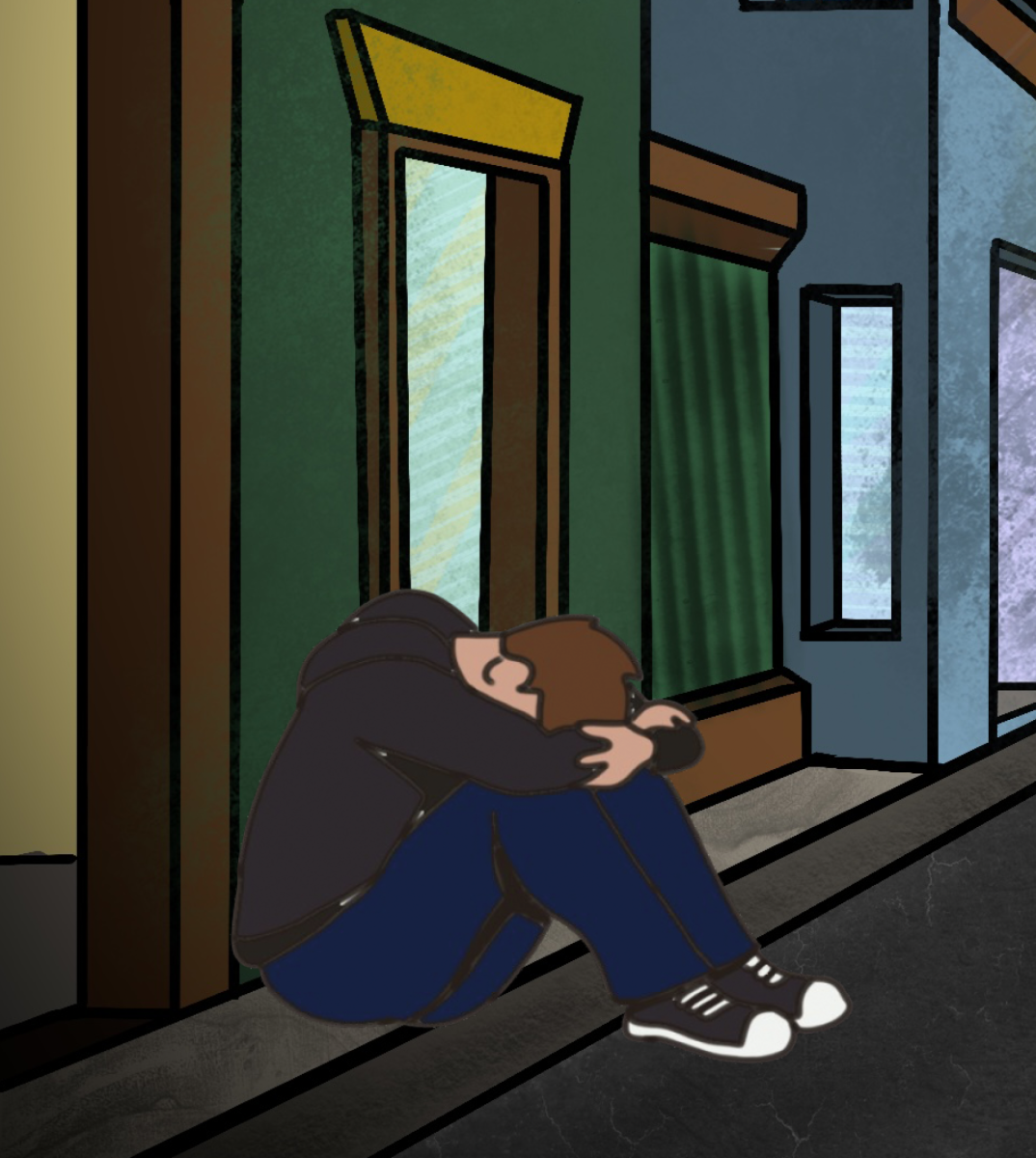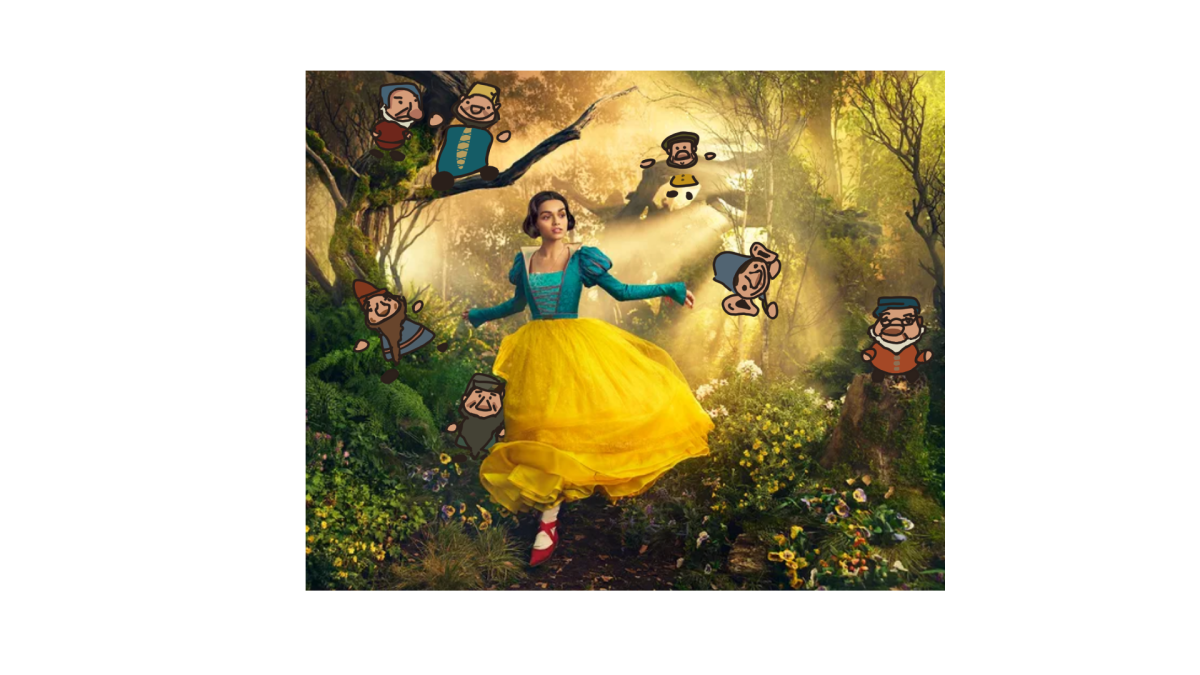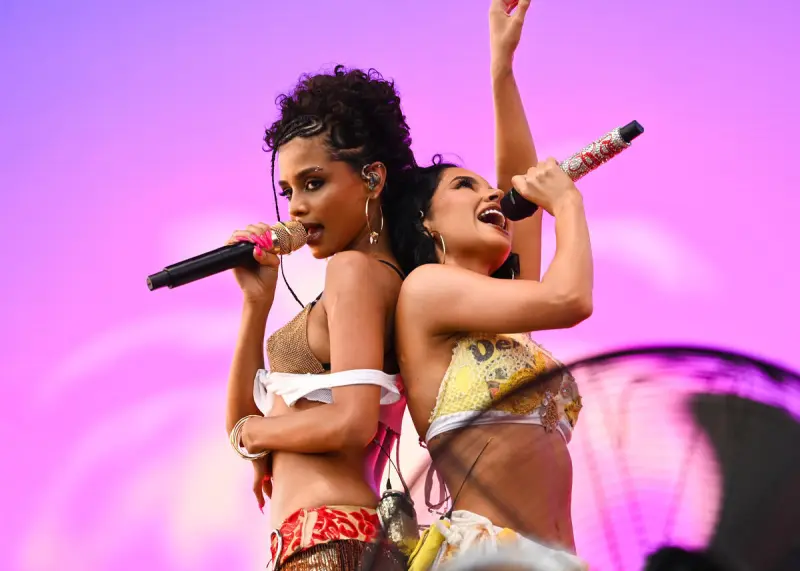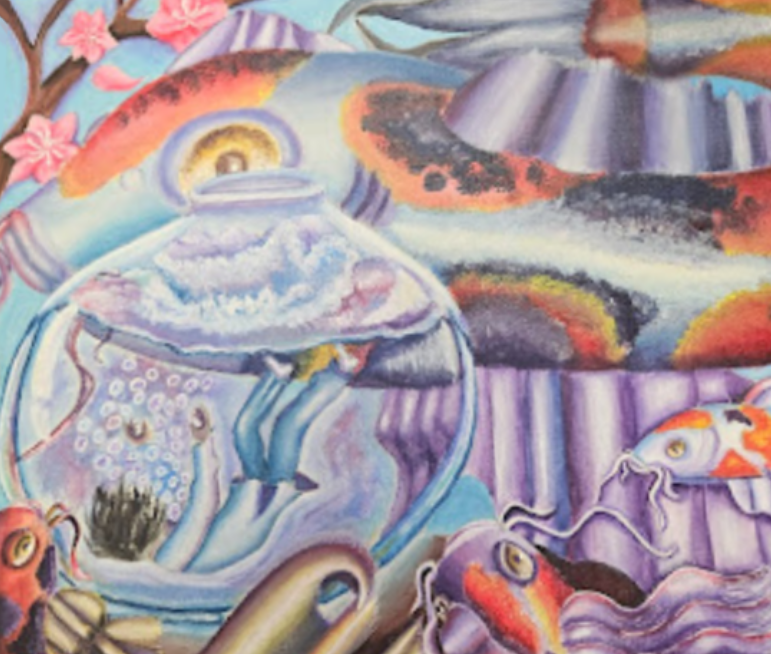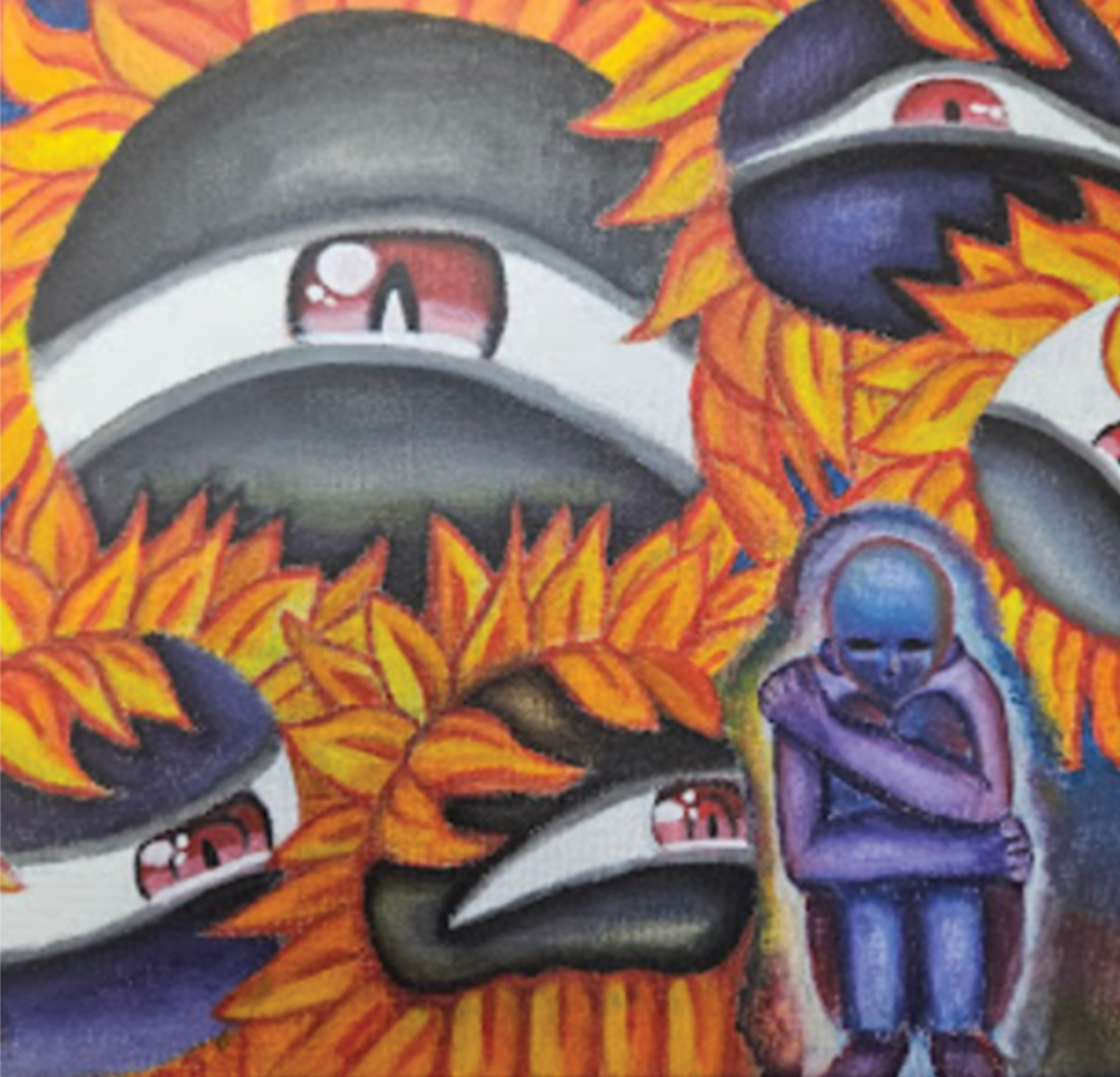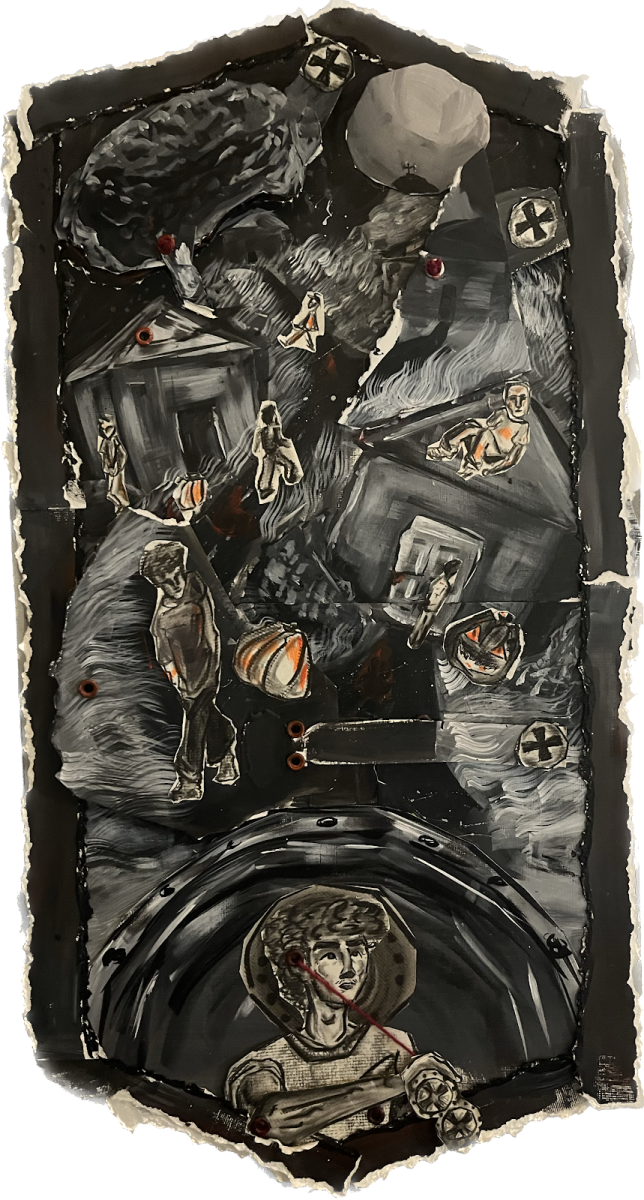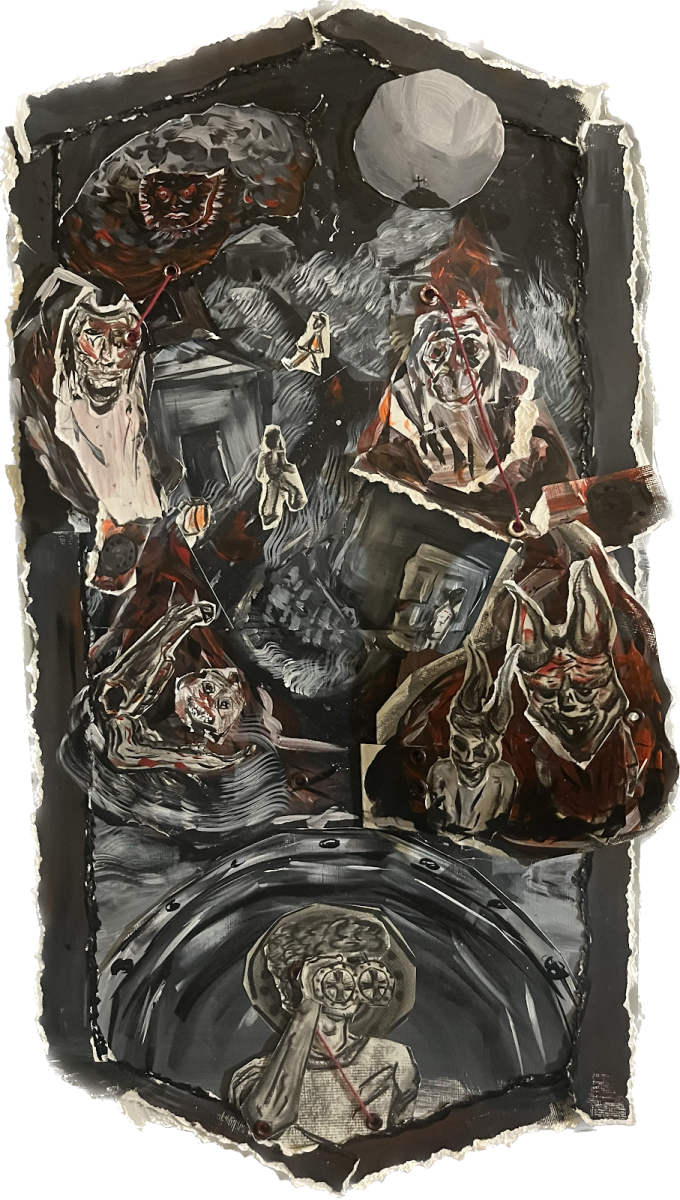Problems with Latino representation in media
November 3, 2021
The Hispanic population has been one of the fastest-growing populations in the U.S. in recent years, accounting for more than 51% of new growth in the US population. Despite having such significant growth, Latinos are underrepresented in media as they only make up 5.3% of TV roles and 4.6% of movie roles when they are over 18% of the total US population. Why is this a problem?
When there is very little Latino representation in the media landscape, it creates a narrow view of Latino culture, which is more often than not a negative one.
An example of this would be Latino stereotypes represented in TV and movies. In the well-known TV show “Modern Family,” Gloria Delgado-Pritchett, who is played by Sofia Vergara, is portrayed as a loud and “spicy” Latina. This plays into the common stereotype of Latinas having hourglass figures and being sexualized. This kind of misrepresentation also leads to the over-sexualization and exoticization of Latinas, which has a negative effect on them. Hypersexualization is only one of the many problematic stereotypes that Latinas in the film have to deal with.
In the film industry, Latinos have also been stereotyped to be poor, criminals, and violent people. We are viewed in real life either consciously or subconsciously according to the stereotypes made about us. This at times can even be dangerous to our well-being.
Fortunately, many TV shows are fighting these stereotypes by displaying positive representation towards the Latino community. Multiple new shows now feature positive Latino lead characters who not only fight these stereotypes but display the diversity in their community.
The show “One Day at a Time” features a Cuban-American family in Los Angeles struggling with many cultural and economical barriers. It shows the importance of family in Latino culture in addition to the community’s diversity. The eldest daughter, Elena, is a confident, outspoken intelligent girl who in the beginning struggles with her sexuality but eventually embraces it. Elena actively fights common stereotypes and gives many Latino LGBTQ+ members who are rarely represented in the film industry a chance to give new perspectives and break down barriers.
Representation matters. The way a community is represented in film or media affects the way they are treated or viewed by others in real life. Latinos have been misrepresented for decades in entertainment media, creating stereotypes that play into our discrimination. When the film industry becomes more inclusive and gives people of color proper representation, it naturally gives people of color a chance to become role models, break down barriers and bring diversity.


